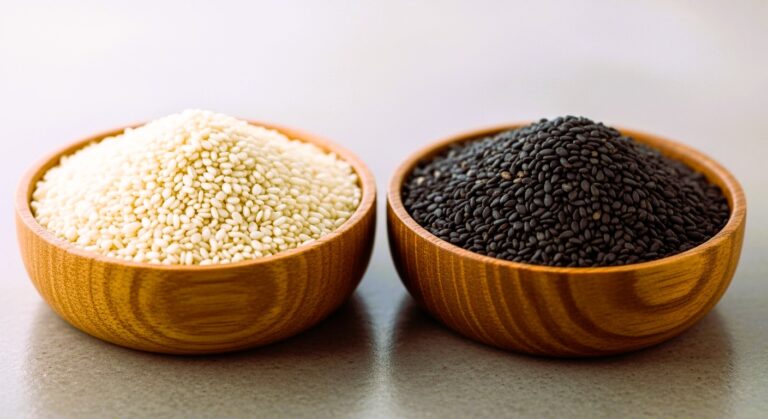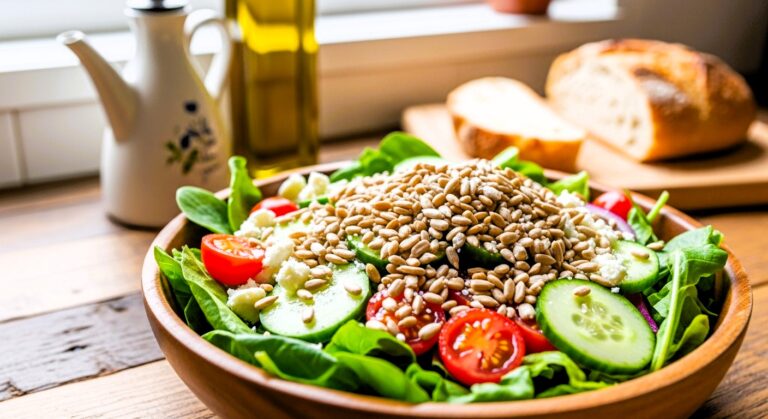What is Clade 1b 2025? Understanding the Condition, Symptoms, and Treatment Options
Clade 1b, also known as the B.1.1.7 variant, is a strain of the SARS-Cov-2 virus that causes COVID-19. This variant was first identified in the United Kingdom in September 2020 and has since spread to many countries around the world. In this article, we will provide a detailed explanation of Clade 1b, including its symptoms, causes, diagnosis, and available treatment options.

What makes it different from earlier mpox strains?
Previous mpox strains have limited transmission. Dr. Austin Zygmunt, a public health physician with Public Health Ontario said Clade I is “normally transmitted from animals to humans, and through close contact between humans.”
Symptoms of Clade 1b
The symptoms of Clade 1b are similar to those of other COVID-19 variants. They may include:
Fever
Cough
Shortness of breath or difficulty breathing
Fatigue
Headache
Sore throat
Runny nose or stuffy nose
Body aches or muscle pains
Diarrhea
Nausea or vomiting
According to the World Health Organisation (WHO), the symptoms of Clade 1b may be more severe in older adults and people with underlying health conditions.
Causes of Clade 1b
Clade 1b is caused by the SARS-CoV-2 virus, which is a type of coronavirus. The virus is spread from person to person through respiratory droplets, such as those produced when an infected person coughs or sneezes. It can also be spread through contact with contaminated surfaces or objects.
Diagnosis of Clade 1b
Diagnosis of Clade 1b is typically made through a combination of physical examination, medical history, and laboratory tests. The most common laboratory tests used to diagnose COVID-19 include:
Reverse transcription polymerase chain reaction (RT-PCR) tests
Antigen tests
Antibody tests
According to the Centres for Disease Control and Prevention (CDC), RT-PCR tests are the most accurate way to diagnose COVID-19, including Clade 1b.
Treatment Options for Clade 1b
There are several treatment options available for Clade 1b, including:
Supportive care: This includes rest, hydration, and oxygen therapy to help manage symptoms.
Antiviral medications: These medications, such as remdesivir and lopinavir/ritonavir, can help reduce the severity and duration of symptoms.
Corticosteroids: These medications, such as dexamethasone, can help reduce inflammation and improve outcomes in severe cases.
Monoclonal antibodies: These medications, such as bamlanivimab and casirivimab, can help reduce the severity and duration of symptoms.
According to a study published in the New England Journal of Medicine, the antiviral medication remdesivir is effective in reducing the severity and duration of symptoms in patients with COVID-19, including Clade 1b.
Effectiveness and Potential Side Effects of Treatment Options
The effectiveness of treatment options for Clade 1b can vary depending on the individual and the severity of their symptoms. According to the CDC, supportive care and antiviral medications can be effective in reducing the severity and duration of symptoms, while corticosteroids and monoclonal antibodies may be more effective in severe cases.
Potential side effects of treatment options for Clade 1b may include:
Remdesivir: Nausea, vomiting, and increased liver enzymes
Lopinavir/ritonavir: Nausea, vomiting, and increased liver enzymes
Dexamethasone: Increased blood sugar, mood changes, and insomnia
Bamlanivimab and basiliximab: Infusion-related reactions, such as fever and chills
It is essential to consult with a Doctor to determine the best course of treatment for Clade 1b and to discuss potential side effects.
The SARS-CoV outbreak has affected several countries worldwide, with most cases reported in Asia. Mainland China and Hong Kong have been the most severely affected, accounting for 87% of all cases and 84% of all deaths. Other Asian countries, such as Taiwan, Singapore, Vietnam, Philippines, and Thailand, have also reported significant cases. The virus has also spread to different parts of the world, including Canada and Europe.
The fear of SARS-CoV spreading like COVID-19 is due to its high infectivity and significant morbidity and mortality rates. The virus can spread through respiratory droplets, contact with contaminated surfaces, and human-to-human contact, making it a highly contagious disease. The fact that it can spread quickly across countries and regions through air travel and other means of transportation has also raised concerns about its potential to become a global pandemic.
The World Health Organization (WHO) has played a crucial role in alerting international health authorities and coordinating global efforts to contain the outbreak. The organization has issued guidelines on infection control, contact tracing, and quarantine, and has worked with countries to develop and implement effective strategies to prevent the spread of the disease.
Preventive Measures Against SARS-CoV
To prevent the spread of SARS-CoV, it is essential to take the following measures:
Personal Hygiene
Wash hands frequently: Use soap and water to wash hands for at least 20 seconds, especially after coughing or sneezing.
Use hand sanitiser: Use an alcohol-based hand sanitiser if soap and water are not available.
Avoid touching the face: Avoid touching the eyes, nose, and mouth to prevent the spread of the virus.
Respiratory Hygiene
Wear a mask: Wear a mask when in public or around people who are sick.
Cover mouth and nose: Cover mouth and nose with a tissue when coughing or sneezing.
Avoid close contact: Avoid close contact with people who are sick.
Environmental Hygiene
Clean and disinfect: Clean and disinfect surfaces and objects that are frequently touched.
Ventilate areas: Ventilate areas to prevent the buildup of respiratory droplets.
Herbs and Spices
Some herbs and spices have been shown to have antiviral and anti-inflammatory properties, which may help prevent the spread of SARS-CoV. These include:
Turmeric: Contains curcumin, which has anti-inflammatory and antiviral properties.
Ginger: Has anti-inflammatory properties and may help reduce symptoms of respiratory infections.
Garlic: Has antiviral and antibacterial properties and may help boost the immune system.
Echinacea: This may help boost the immune system and reduce the severity of respiratory infections.
Elderberry: Has antiviral properties and may help reduce the severity of respiratory infections.
Dietary Recommendations
A healthy diet rich in fruits, vegetables, and whole grains can help boost the immune system and prevent the spread of SARS-CoV. Some foods that may be beneficial include:
Citrus fruits: High in vitamin C, which can help boost the immune system.
Berries: High in antioxidants and may help reduce inflammation.
Leafy greens: High in vitamins and minerals and may help boost the immune system.
Nuts and seeds: High in healthy fats and may help reduce inflammation.
Supplements
Some supplements may help boost the immune system and prevent the spread of SARS-CoV. These include:
Vitamin C: Can help boost the immune system and reduce the severity of respiratory infections.
Zinc: Can help boost the immune system and reduce the severity of respiratory infections.
Probiotics: Can help boost the immune system and reduce the severity of respiratory infections.
Elderberry extract: May help reduce the severity of respiratory infections.
It is essential to note that while these herbs, spices, and supplements may have antiviral and anti-inflammatory properties, they should not be used as a replacement for medical treatment. If you are experiencing symptoms of SARS-CoV, it is essential to seek medical attention immediately.
Conclusion
Clade 1b is a strain of the SARS-CoV-2 virus that causes COVID-19. The symptoms, causes, and diagnosis of Clade 1b are similar to those of other COVID-19 variants. Treatment options, including supportive care, antiviral medications, corticosteroids, and monoclonal antibodies, can be effective in reducing the severity and duration of symptoms. However, potential side effects may occur, and it is essential to consult with a healthcare professional to determine the best course of treatment.
Sources:
World Health Organisation. (2022). COVID-19.
Centres for Disease Control and Prevention. (2022). COVID-19.
New England Journal of Medicine. (2020). Remdesivir for the Treatment of COVID-19 — Preliminary Report.
National Institutes of Health. (2022). COVID-19 Treatment Guidelines.
Disclaimer: The contents of this article are intended to raise awareness about common health issues and should not be viewed as sound medical advice for your specific condition. You should always consult with a licensed medical practitioner before following any suggestions outlined in this article or adopting any treatment protocol based on the contents of this article.
Creating a Focused Mood-Boosting Morning Routine in 2025

